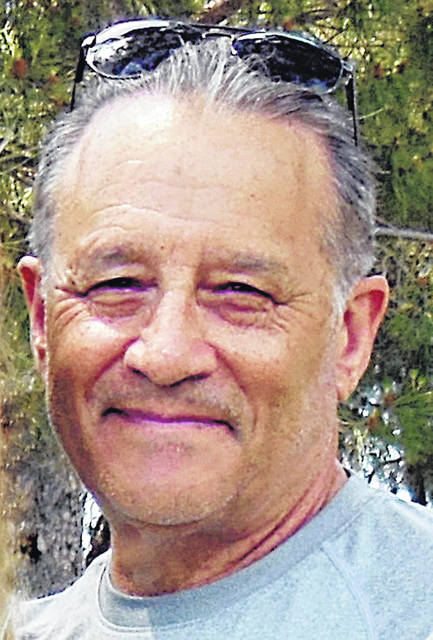
I get it. People are just plain tired of the pandemic. At first there was fear and trepidation, followed by the panic buying of a pending hurricane. But the storm didn’t go away, and people started making bread, started victory gardens, engaged in family regroupings, and started building things. As for me, I built my wife a greenhouse, learned to make sourdough bread, and expanded our gardens by 200%. Unemployment numbers jumped along with the Covid-19 case numbers. In time, and in many states, the case numbers started to flatten. Thank you, Governor DeWine and Healthcare Commissioner Acton.
Then a new surge emerged, the demand to reopen the economy. Some people decided to head to the beaches, nightclubs, and entertainment events. Some people have ripped off their face masks, or lowered them to “half-mask.” Businesses are eager to reopen, but people aren’t sure they’re ready to group-up again in restaurants, movie theaters, museums, and retail. So where does this conundrum leave us?
Governor DeWine hit the nail squarely on the head and drove it home in his hour-long interview with the Columbus Dispatch on Saturday from his farm in Cedarville, a stone’s throw from Hillsboro. “The rebound of the economy is tied at the hip to how well we are doing in fighting the coronavirus. If we start losing that battle, the economy will not recover.” There in lies the tragic irony of the pandemic. If we have a careless, impatient rush to recovery that restarts the ubiquitously lurking virus, businesses with get hit with a second dangerous sucker punch that could knock many businesses out for good. As the Dispatch points out, “the danger is especially high exactly because some people think it isn’t.”
What about jobs? People need to work, but the same tragic irony applies. There’s an interesting lesson to be learned from the business culture of Japan, the third largest economy in the world. Japan got hit by the same virus with a population density 10 times that of the United States, and its unemployment rate held steady at 2.6%. The U.S. unemployment rate surged to 15%. This isn’t to suggest that Japan’s economy hasn’t been affected by the coronavirus. It has, as it tip-toes into recession. But the business culture in Japan is such that businesses view employees as family and their “family” takes priority over shareholders. Sustaining their businesses and economy means keeping their employees employed even if that means temporary pay cuts or payed furloughs.
The American Psychological Association defines resilience as “the process of adapting well in the face of adversity, trauma, tragedy, threats or significant sources of stress — such as… serious health problems, or workplace and financial stressors.” That resilience requires the kind of selfless, creative persistence, and the kind of patience that Americans were able to muster for years of stress during WWII, e.g., frustrating economic stress, food ration books on bacon, butter, sugar followed by successive ration schemes for meat, tea, jam, biscuits, breakfast cereals, cheese, eggs, lard, milk and canned and dried fruit. Yet we endured in the 1940s because we came together in a common cultural cause where the basic id impulse was suppressed and became secondary to the common cause. Why are we so quick to throw up our hands in exhaustion in this threat to our nation? Maybe it can be attributed to what conservative New York Times columnist David Brooks has called the culture of the “Big Me.”
While this column is not about sins, “lead us not into temptation” is a phase that neatly applies. We need to be patient. We need to be careful, not reckless. We need to be resilient. We need to adapt in ways that will allow business to endure and live through these challenging times. We need to behave in ways that will not lead businesses into getting sucker punched again by another round of this relentless virus. We must wisely endure together, until we have a vaccine that will bring an end to this microbial enemy. Patience is a virtue.
Bill Sims is a Hillsboro resident, an author, and runs a small farm in Berrysville with his wife. He is a former educator, executive and foundation president.


